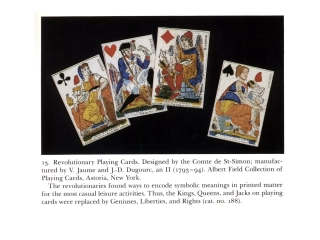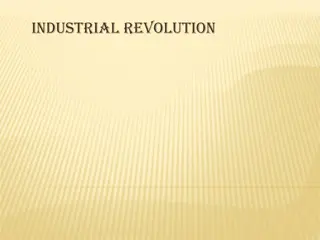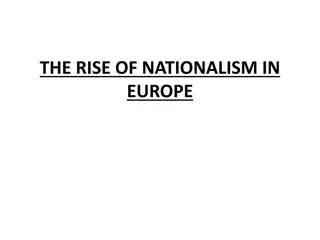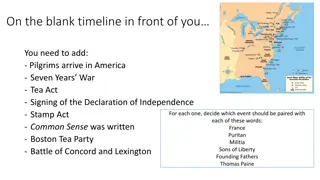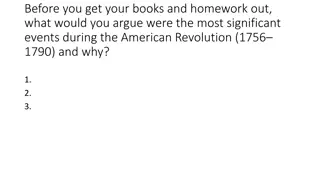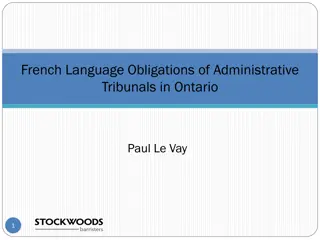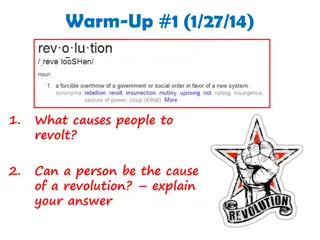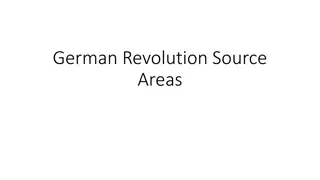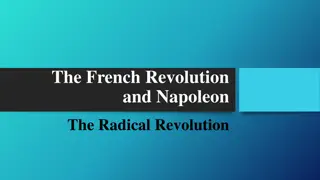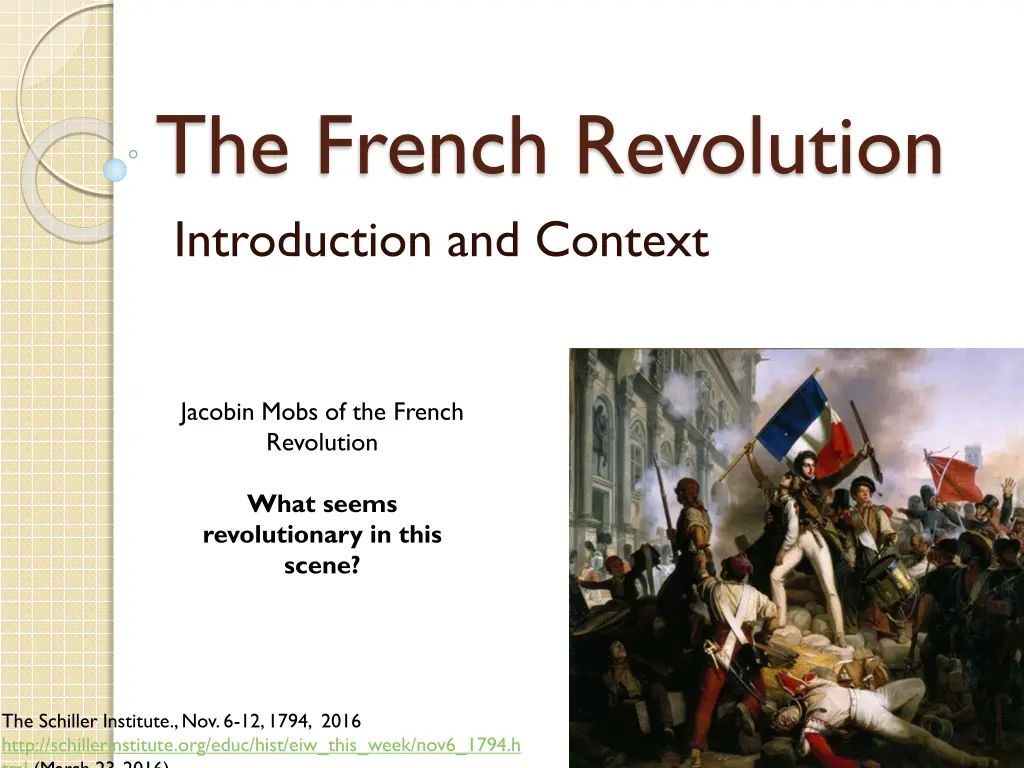
Insights into the Phases of the French Revolution: Context and Social Turmoil
Explore the phases of the French Revolution from moderate beginnings to radical upheaval, shedding light on the economic and social contexts that fueled this tumultuous period in history.
Download Presentation

Please find below an Image/Link to download the presentation.
The content on the website is provided AS IS for your information and personal use only. It may not be sold, licensed, or shared on other websites without obtaining consent from the author. If you encounter any issues during the download, it is possible that the publisher has removed the file from their server.
You are allowed to download the files provided on this website for personal or commercial use, subject to the condition that they are used lawfully. All files are the property of their respective owners.
The content on the website is provided AS IS for your information and personal use only. It may not be sold, licensed, or shared on other websites without obtaining consent from the author.
E N D
Presentation Transcript
The French Revolution Introduction and Context Jacobin Mobs of the French Revolution What seems revolutionary in this scene? The Schiller Institute., Nov. 6-12, 1794, 2016 http://schillerinstitute.org/educ/hist/eiw_this_week/nov6_1794.h tml (March 23, 2016)
Phases of the French Revolution (Periodization, Pace of Change) Prelude Traditional aristocratic rights reasserted vs. royal absolutism Phase 1, 1789-1791 Tone: Moderate Who: Middle class, bourgeoisie (with some street action in Paris) Form of Gov t: Constitutional Monarchy
Phases of the French Revolution Phase 2, 1792-94 Radical (The Terror - Jacobins under Robespierre) Peasants and Paris workers (sans culottes) Foreign Wars Republic (execution of the king)
Phases of the French Revolution Phase 3, 1794-95 Conservative/ Moderate Napoleon rose out of the Directory Still a republic but back to conservative/moderate
Economic Context France was bankrupt from wars, wars, wars and financial mismanagement.
French Burden of Taxation on The Peasants French Peasants must pay To the Church: Tithe To the State: Taille Vingtieme Capitation Gabelle (salt tax) *Note: In France, grain prices increased by 60% between 1730 and 1789 To Seigneur: (feudal lord of his/her parish) o Corvee (cash or kind) o Cens (feudal rent in cash) o Champart (renit in kind) o Lods et ventes ( charge on the transfer of property) o If he doesn t own land himself, he may have to pay to use the lord s mill, wine press, or bakery
Social Context (and some Economic, too) Back in the late 1600s, early 1700s, Louis XIV had taken power away from the nobles and replaced it with social privileges. They were grumbling about their loss of power.
The Three Estates in France A Corporatist View of Society First Estate About 130,000 The Clergy 138 archbishops and bishops 2,800 canons and priors 37,000 nuns and 23,000 monks 60,000 parish priests Main Privileges Had their own law courts (parlement) Exempt from taxes Second Estate Between 120,000 and 350,000 people The nobility King and queen Nobles of the sword: princes, dukes, marquises, counts, viscounts, barons, knights Nobles of the robe Main Privileges Had the right to carry a sword Received special treatment in law courts (parlement) Exempt from taxes parish priests Bourgeoisie = professionals Third Estate About 27 million people Everybody else Lawyers, doctors, businessmen, merchants, soldiers, craftsmen, shopkeepers, peasants, etc. Privileges None
Conflict Financial crisis - First and Second Estates didn t pay taxes!!!! Everyone was in conflict with Louis XVI, pointing out flaws of absolute monarchy bourgeoisie nobility Complain about centralization Re-assert power by claiming law courts have to register the King s edicts (laws) Influence of enlightenment/ philosophes makes them critical of absolute monarchy Want constitutional monarchy Louis XVI
Political Context The way government worked (or didn t work) under absolutism.
French Institutions of Govt Under Absolute Monarchy Everyone is directly responsible to the king. Where is the only place where the third estate had any influence?
Estates General A sort of parliament where the three estates got to meet in May, 1789 Hadn't met since 1615!!! Estates voted by order (by estate) despite equal numbers (didn t vote by head - individually) 3 1 2 Which estates had common interests?
Estates General Cont Six months passed between the calling and the meeting Before the meeting, each estate of each region of France got to write its grievances (complaints, criticisms) in the form of Cahiers de Doleances every estate had complaints, but didn t agree how to reform government
Recommended Textbook Reading Pages 159 - 162: causes National Assembly Cahiers Bread Riots Bastille Estates General Voting Abbe Sieyes

